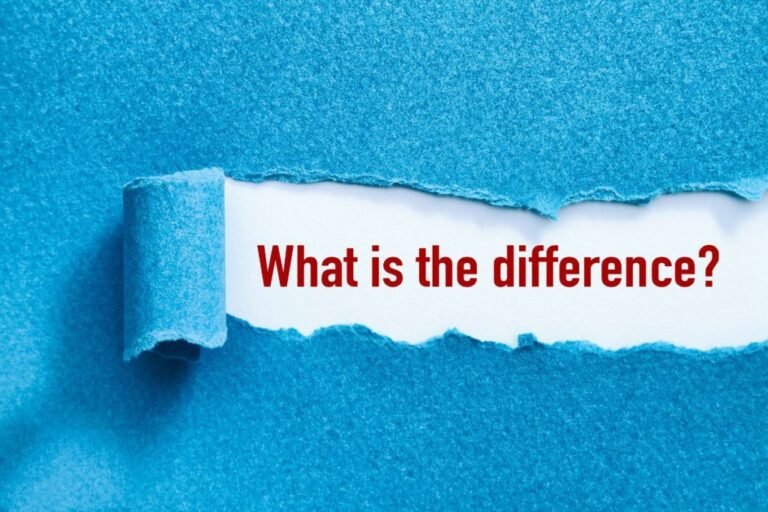If you’re facing criminal charges in Indiana, one of the first things to understand is whether it’s a misdemeanor or a felony. This difference can impact everything from potential jail time to your long-term record. The best criminal defense attorney in Indianapolis will tell you that knowing where your case stands is the first step toward building a strong defense. In this article, we’ll break down the key differences in simple terms. Whether you’re in trouble or just doing some research, you’re in the right place.
What Is a Misdemeanor in Indiana
A misdemeanor in Indiana is a less serious criminal charge, but it can still come with real consequences like jail time, fines, or a criminal record. Common examples include things like shoplifting, public intoxication, or driving with a suspended license. Even though it’s not as severe as a felony, a misdemeanor should still be taken seriously.
What Is a Felony in Indiana
A felony in Indiana is a more serious crime that typically carries a prison sentence of over a year and larger fines. Crimes like burglary, drug trafficking, or aggravated battery typically fall into this category. Because a felony can impact your rights, job opportunities, and even where you can live, it’s something you’ll want strong legal help for right away.
How Indiana Classifies These Charges
Indiana doesn’t treat all criminal charges the same. Both misdemeanors and felonies are categorized based on the seriousness of the offense. Here’s a quick look at how Indiana classifies these charges:
Misdemeanor Classes
Class A Misdemeanor is the most serious of the three. It can lead to up to one year in jail and a fine of up to $5,000: think of charges like battery or carrying a handgun without a license.
A Class B misdemeanor carries lighter penalties, typically ranging from 0 to 180 days in jail. Examples include public intoxication or harassment.
Class C misdemeanors are the least serious, but they still matter. You could face up to 60 days in jail for offenses such as excessive speeding or minor possession charges.
Felony Levels
Level 1 Felony is one of the most serious charges and can carry a sentence of 20 to 40 years in prison. Crimes like attempted murder or major drug trafficking fall into this category.
Level 2 to Level 4 Felonies cover serious offenses like armed robbery or burglary with a weapon. Sentences can range anywhere from 10 to 30 years, depending on the level.
Level 5 and Level 6 Felonies are considered lower-level felonies but can still mean serious consequences. These might include repeat theft offenses or lower-level drug charges, with penalties ranging from six months to six years.
Why the Difference Matters for Your Future
Knowing the difference between a misdemeanor and a felony isn’t just legal trivia because it can have a lasting impact on your life. Here’s why this distinction really matters for your future:
Criminal Record Impact
A misdemeanor may stay on your record, but it’s often viewed as less serious by employers, landlords, and schools. A felony, on the other hand, can close doors to job opportunities and housing for years. Felony convictions are more likely to show up in background checks and may disqualify you from certain professional licenses or careers altogether.
Loss of Rights
Felony convictions can result in losing key civil rights, like the right to vote or own a firearm in Indiana. These restrictions don’t usually apply to misdemeanor convictions. Some felonies can also affect your immigration status, including the risk of deportation for non-citizens.
Reputation and Social Stigma
A felony can carry a heavy social stigma that affects relationships, community standing, and even child custody. While a misdemeanor can still be embarrassing, it’s generally seen as a mistake rather than a defining trait.
Future Legal Consequences
Felony convictions can lead to harsher penalties if you’re ever charged again. Courts often treat repeat offenders more severely, especially if there’s a felony in your history. Some misdemeanors can be expunged or sealed over time, but felonies are harder to clear and may follow you for life.
Can Charges Be Reduced or Changed
In some cases, felony charges can be reduced to misdemeanors, especially if it’s a first offense or part of a plea deal. This often depends on the nature of the crime, your criminal history, and how strong your defense is. Having a skilled attorney on your side can make all the difference when it comes to negotiating for a lesser charge.
Do You Need a Lawyer for Either Charge
Whether it’s a misdemeanor or a felony, having a lawyer can make a huge difference in how your case turns out. Even a minor charge can carry long-term consequences if not handled properly. A good criminal defense attorney knows how to protect your rights, negotiate better outcomes, and guide you through a stressful process.
Final Thoughts
Understanding the difference between a misdemeanor and a felony is a big step toward protecting your future. No matter what kind of charge you’re facing, getting the right guidance early on can make all the difference. If you’re unsure where to start, reaching out to the best criminal defense attorney in Indianapolis is a smart first move.
